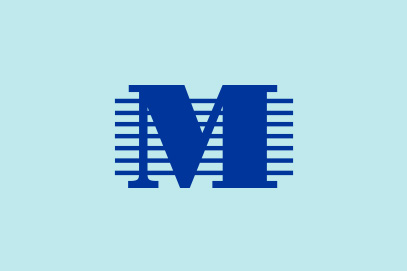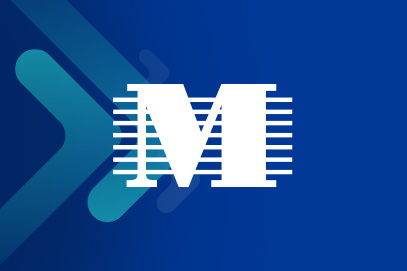Deep Brain Stimulation
We were the first, and currently only, center in South Florida to offer asleep, robotic DBS surgery.
DBS surgery is an option when medications for movement disorders or epilepsy aren’t effective or cause significant side effects. While DBS isn’t a cure, it may offer substantial relief.
What Is Deep Brain Stimulation (DBS)?
Deep brain stimulation is a surgical procedure that involves placing thin wire electrodes in specific areas of your brain. The electrodes connect to an impulse generator implanted under the skin of your chest. The impulse generator sends electrical pulses to your brain to disrupt irregular brain activity.
We currently offer DBS for:
- Parkinson’s disease, essential tremor and dystonia, to reduce muscle rigidity, tremors and spasms
- Epilepsy, to reduce the frequency, severity and length of seizures
Medication is usually the first line of treatment for these conditions. While medications are often very effective, they don’t work for everyone. They may lose effectiveness over time or cause side effects that interfere with daily life. When medications aren’t an option, your neurologist may refer you to a neurosurgeon to discuss DBS.
While all surgeries have risks, DBS is a relatively safe procedure. Your neurosurgeon will evaluate you to make sure you’re healthy enough for surgery. They’ll also help you understand the benefits and risks so you can decide if DBS is right for you.
DBS is an active area of research. Its uses are likely to expand to other conditions, such as dementia, chronic pain and depression.
What Happens During DBS Surgery?
Years ago, patients were awake during DBS surgery to ensure the surgeon didn’t damage essential areas of the brain. Advances in imaging and robotics allow us to precisely target specific areas of the brain. Today, we perform DBS surgery while you’re asleep under general anesthesia.
To prepare for surgery, we map your brain using magnetic resonance imaging (MRI). These highly detailed images help us determine where to place the electrodes.
During surgery, we:
- Attach a stereotactic frame to your head. This device holds your head in place and serves as a guide for the robotic arm.
- Make tiny incisions in your skull and position the electrodes in the correct locations using the robotic arm and imaging during surgery.
- Connect the electrodes to an insulated wire, which we pass under your skin from your head to your chest.
- Connect the wire to the impulse generator we implant under the skin in your chest.
The procedure takes one to two hours, and you usually go home the next day. After you heal from surgery, you see your neurologist in their office. They program the impulse generator to deliver the appropriate stimulation. Programming the device may take time to achieve maximum symptom relief.
We provide ongoing care to monitor you and the device. As needed, we may adjust the impulse generator. We also assess your medication needs. Many people find DBS surgery helps them reduce their medication usage.
Deep Brain Stimulation: Why Choose Memorial Neuroscience Institute?
As a regional leader in neurology and neurosurgery, we offer:
- Advanced expertise: Our neurologists and neurosurgeons are fellowship trained and highly skilled in DBS. We performed the first asleep robotic DBS surgery in South Florida and remain the only local program offering it today.
- Advanced technology that makes surgery easier for patients: We use a robotic surgical assistant (ROSA®) and MRI imaging to perform DBS. This approach allows us to place electrodes in the brain precisely and quickly while you’re asleep. After surgery, our neurologists program the impulse generator to provide effective symptom control.
- Coordination before, during and after surgery: Patient navigators help coordinate DBS surgery. From presurgical testing to follow-up care, you have one point of contact to streamline the process and answer any questions.
- Personalized approach to care: You are the most important member of your care team. Our team works with you to determine if DBS is the right option and is by your side at every step.
Why Choose Memorial for Neurosurgery













